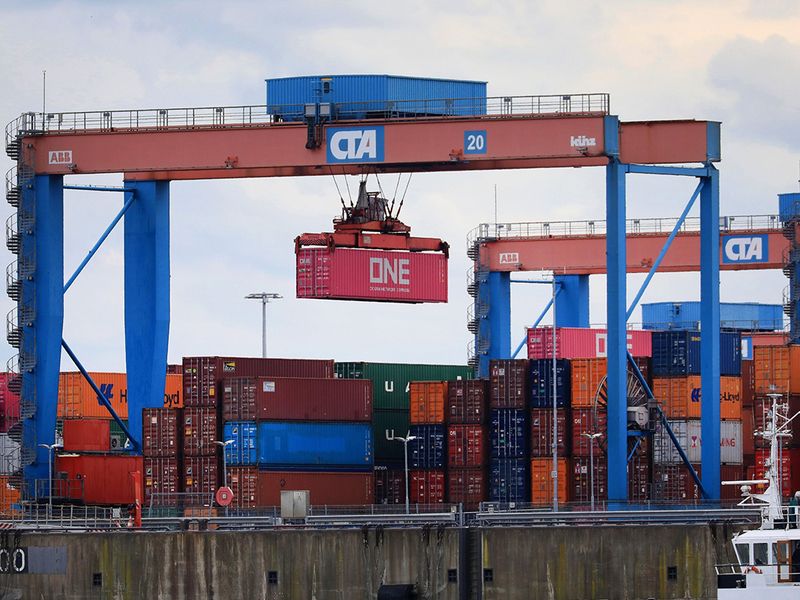
Industry groups representing automakers and dealers of imported vehicles are supporting a newly relaunched coalition that is calling for the rollback of certain tariffs imposed by the Trump administration.
The Tariff Reform Coalition — a group of 37 associations including Autos Drive America, the American Automotive Policy Council and the American International Automobile Dealers Association — urged policymakers on Wednesday to remove Section 232 tariffs on imported steel and aluminum and reassess Section 301 tariffs on imports from China.
“At a time when so many businesses and workers in the United States are suffering from the COVID-19 pandemic, we urge the Biden administration to reconsider the Section 232 and Section 301 tariffs that are causing serious damage to those already struggling,” said Rufus Yerxa, president of the National Foreign Trade Council, one of the coalition’s members.
“Eliminating unwarranted, ineffective and self-defeating import tariffs is key if we want to reengage with our allies and build our economy back better,” Yerxa added.
The coalition formed in 2019 to work with lawmakers to ensure clearer guidelines and greater congressional oversight and control of presidential tariff actions. Its membership includes major auto, retail, agriculture and manufacturing trade associations.
The group relaunched Wednesday with the release of an advocacy document outlining four recommendations to the Biden administration for addressing the Trump-era tariffs, such as considering other approaches to challenging China’s trade practices and possible revisions to existing Section 232 and Section 301 exclusion processes.
“These dramatic tariff increases are inflicting a significant cost on U.S. companies and workers because of both higher input prices” and foreign retaliation against U.S. exports, the coalition said in the document.
The Biden administration said it will pursue a “fair international trading system that promotes inclusive economic growth and reflects America’s universal values,” according to a 2021 trade agenda released last month.
The agenda outlines President Joe Biden’s trade priorities, which include a review of U.S. trade policy toward China as well as working with allies and other trading partners on negotiating new standards and enforcing trade agreements.
As for the threat of Section 232 tariffs on imported autos and auto parts based on national security concerns, Yerxa said he has not heard that the Biden administration is considering any action.
“We would strongly oppose the extension,” he said during a virtual press briefing. “We’re arguing that the use of 232 that has occurred already was unjustified internationally. It clearly was out of all proportion to any national security objective. It wasn’t really designed to deal with the narrow national security interests that the statute talks about. Obviously, extending that to big sectors like autos would be even more harmful.”
Autos Drive America, which represents the U.S. operations of international automakers, said it supports “open trade and investment policies that allow international automakers to play a critical role in U.S. job creation and economic growth.”
“Removing trade barriers, like tariffs, will help ensure America’s competitive position in today’s global economy,” the association’s CEO Jennifer Safavian said in a statement to Automotive News. “With a new administration committed to multilateralism, we wanted to join the Tariff Reform Coalition and unite with other like-minded associations to encourage policymakers to advance smart policies that will position U.S. automotive communities to thrive in the year ahead.”
But the Economic Policy Institute, a think tank whose board includes UAW President Rory Gamble and other top U.S. organized labor leaders, argued in a separate report released Wednesday that the Biden administration should keep the import tariffs on steel until a “multilateral solution” can be reached.
In its report, the institute says the Section 232 import measures implemented by former President Donald Trump in 2018 helped curb U.S. steel imports with “no meaningful real-world impact” on steel-reliant products such as vehicles. It argues the tariffs “improved industry conditions, spurred investments and directly created 3,200 new steelmaking jobs.”